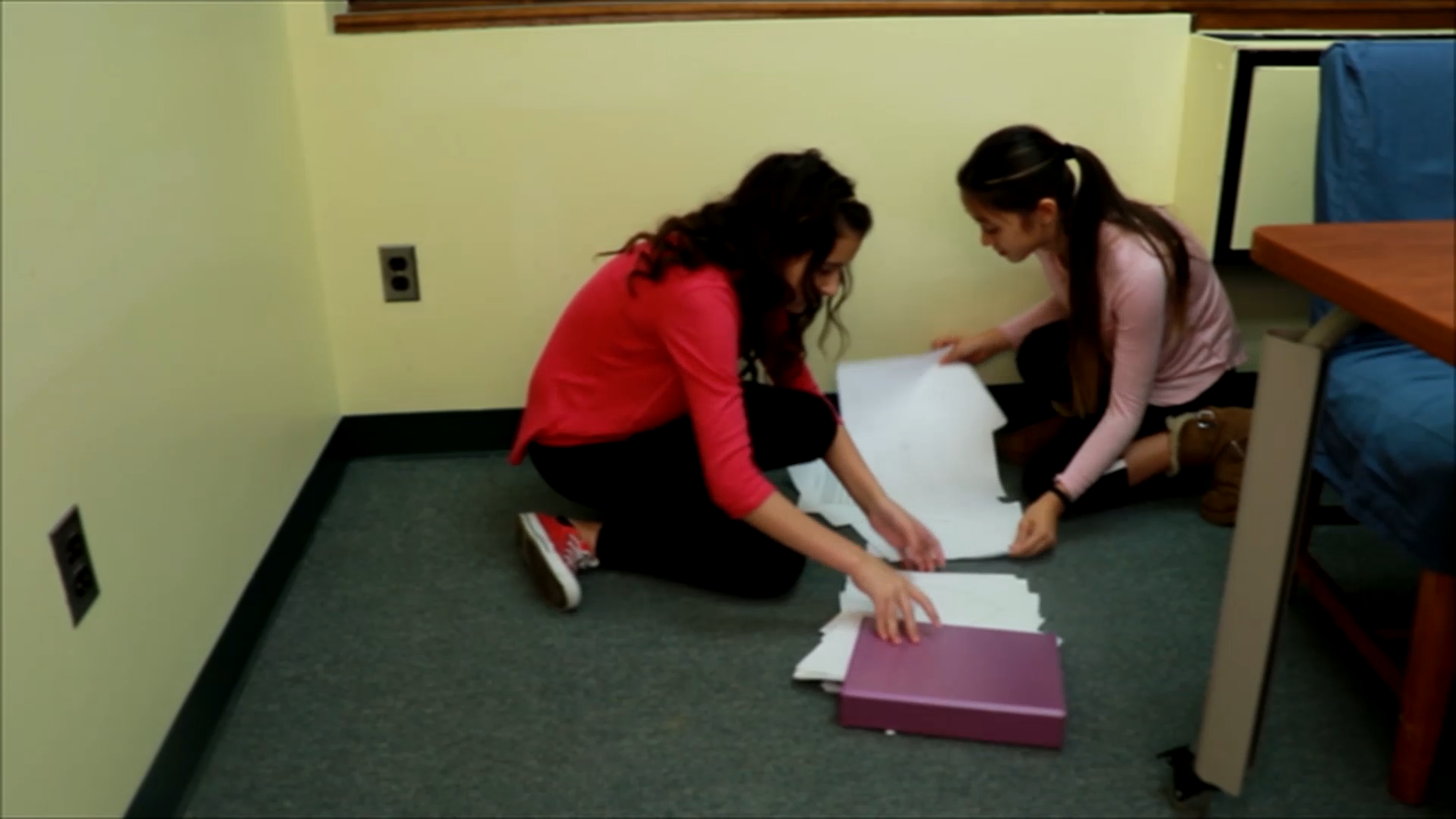Introduction
In special education, it’s essential to identify and address the target skills that can significantly impact a student’s learning, social interactions, and wellbeing. In this blog post, we will explore these target skills and provide specific IEP goals to help educators enhance these skills in their elementary students.
Understanding the Art of Apologizing
The target skill we will focus on is the art of apologizing. Apologizing is a crucial social skill that helps students develop empathy, take responsibility for their actions, and maintain positive relationships with their peers. When students know how to apologize effectively, they can navigate social situations more confidently and resolve conflicts constructively.
The Role of Specialists
Various specialists, such as Speech-Language Pathologists, Social Workers, Psychologists, and School Counselors, can support the development of the target skill in students. They can help students understand the importance of apologizing, teach them how to express their feelings appropriately, and provide strategies for repairing relationships.
IEP Goals for the Art of Apologizing
Here are some specific SMART IEP goals related to the target skill of apologizing:
-
Goal 1: The student will demonstrate appropriate apologizing skills in 4 out of 5 opportunities by the end of the school year.
- Strategy: Role-play scenarios where the student practices apologizing.
- Activity: Create a social story about apologizing and read it with the student.
-
Goal 2: The student will identify the feelings and emotions behind their actions in 3 out of 4 opportunities by the end of the school year.
- Strategy: Teach the student to use feeling words to describe emotions.
- Activity: Use emotion flashcards to help the student recognize and label feelings.
-
Goal 3: The student will offer to help make amends in 4 out of 5 conflict situations by the end of the school year.
- Strategy: Discuss the importance of taking responsibility for one’s actions.
- Activity: Brainstorm ways to make amends and practice these with the student.
Implementing and Measuring Progress
To implement these goals effectively, collaborate with the specialists mentioned above and involve parents in the process. Track progress through observation, data collection, and regular check-ins with the student. Adjust strategies and activities as needed to ensure continuous growth and development.
Conclusion
Developing the art of apologizing is crucial for elementary students’ social and emotional growth. By incorporating these IEP goals, educators can help students improve this essential skill. We encourage you to apply these goals in your teaching and invite you to explore more resources at Everyday Speech Sample Materials.






